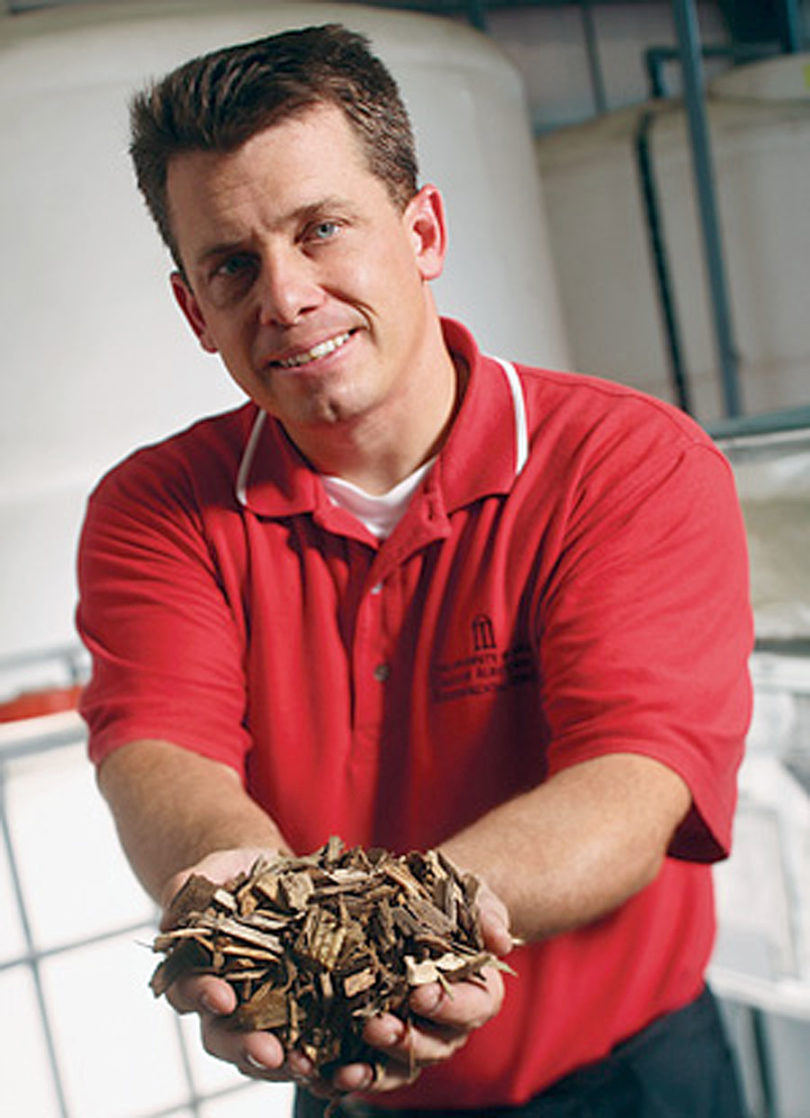As part of the 2009 American Recovery and Reinvestment Act, the Environmental Protection Agency has awarded $1,713,235 to a team from UGA’s Engineering Outreach Service and officials from Athens-Clarke County and Washington County, a UGA Archway Partnership county.
The money will be used to retrofit more than 250 diesel vehicles to reduce harmful air pollutants by more than 60 percent and bring much needed jobs to the Athens and Washington County areas. The grant is the largest ARRA funding received by UGA to date.
“This funding will have an immediate effect on people in the area,” said Ryan Adolphson, director of the Faculty of Engineering Outreach Service. “We will be providing jobs in a tough economic climate and at the same time substantially improving the air we all breathe.”
Particulate matter is a kind of air pollution that can be solid or liquid. It includes mold, smoke, dust and particles too small to be seen. In the case of these smallest particles, diesel engines account for the majority of their emission into the air. This creates a type of air pollutant commonly associated with respiratory and cardiovascular illnesses. The project will focus on cleaning up emissions from diesel vehicles including Athens-Clarke and UGA transit vehicles, garbage trucks and heavy diesel vehicles, Athens-Clarke fire engines and Washington County public and private school buses.
A priority of this ARRA stimulus funding is to support the national economic development initiative while reducing emissions from diesel vehicles. These funds will directly assist in creating at least 30 jobs at UGA, Athens-Clarke and Washington counties, and elsewhere. The implementation also will have a very positive impact on air quality in Georgia, according to Adolphson.
The average lifetime diesel soot cancer risk for a resident of Athens-Clarke County is 1 in 3,876, according to the Clean Air Task Force. This risk is 258 times greater than EPA’s acceptable cancer level of 1 in one million. For a Washington County resident, the average lifetime diesel soot cancer risk is 1 in 8,638. This risk is 116 times greater than EPA’s acceptable cancer level. The particulate filter retrofits will reduce these types of emissions by more than 60 percent, leading to the reduction of more than 100 tons of pollutants from the air.
Long-term exposure to fine particulate matter is associated with chronic bronchitis, reduced lung function and increased mortality from lung cancer and heart disease.
The project will coordinate the efforts of stakeholders in Athens-Clarke and Washington cities, counties, and UGA to reduce emissions by reducing outputs from diesel fleets.







